Premium Only Content
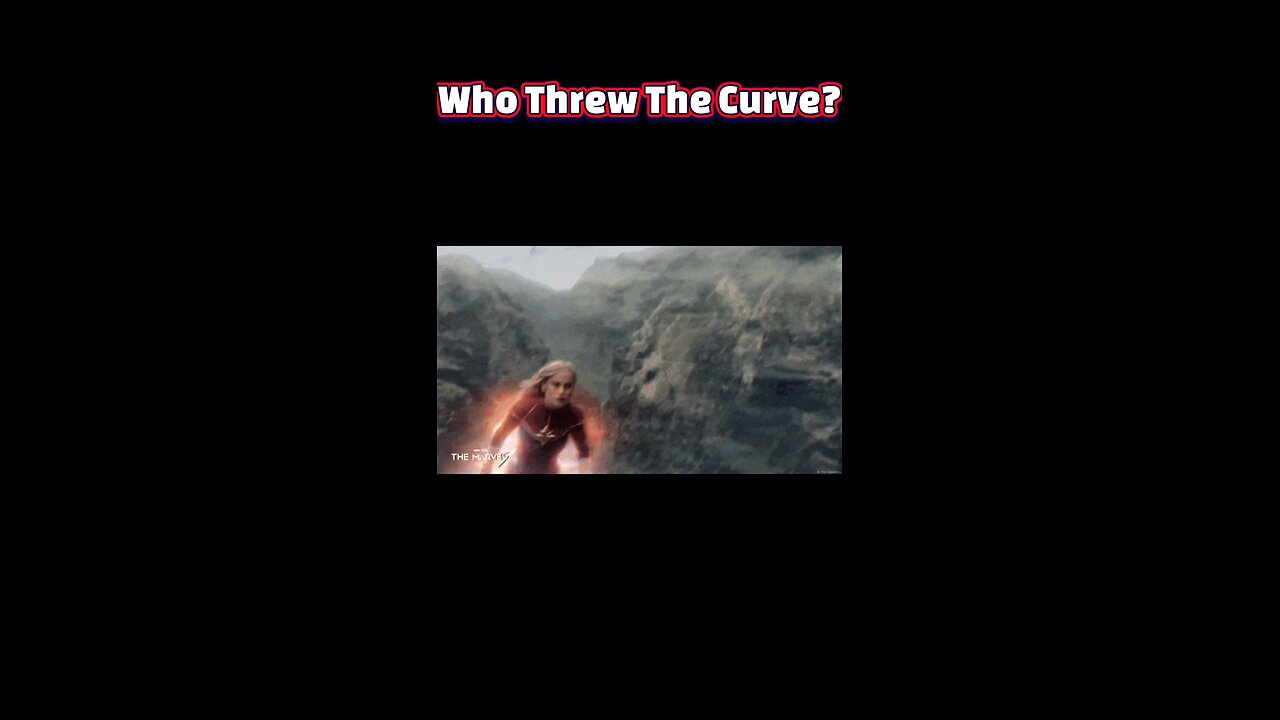
Endgame’s Biggest What-If: Why Captain Marvel Didn’t Finish Thanos
#CaptainMarvel #AvengersEndgame #MCU #MarvelTheory #EndgameExplained #CosmicStrategy #SuperheroSecrets #FanDebate #MovieDeepDive #thanos #new #newvideo #fyp
Captain Marvel arrives in the Endgame final battle like a cosmic wrecking ball. But power alone doesn’t drive the MCU’s emotional stakes. Her choice not to vaporize Thanos reflects weightier themes of sacrifice, timing, and what’s at risk beyond raw might.
At that moment, all Avengers had narrowly survived Thanos’ armies. The real tension wasn’t a punch fest; it was snapping back half the universe without letting dust rise again. Carol’s entrance needed to serve the mission, not just flex cosmic brawn.
Narrative economy demands stakes. If Carol had instant-killed Thanos, the film’s emotional core, Tony’s sacrifice, Steve’s journey, Natasha’s heroism, would collapse. Her fight is about leveling the field for others to finish this tale.
Carol’s powers are immense, but she still needs context to target Thanos precisely, especially when he’s wielding Infinity Stones. One careless blast risks cosmic backlash, collateral casualties, even fracturing the Stones themselves.
The film leans into the rules of its own universe. Instant wins cheapen character arcs. Carol stepping back lets Tony and Nebula confront “their” Thanos. It respects destiny beats and the torment of facing a long-time nemesis.
From a meta perspective, Endgame is about legacy. Highlighting Carol over Tony in the final act flips decades of storytelling. Her cameo obeys callbacks to Civil War but defers the final blow to those whose journey the script demanded.
Cinematically, her emergence delivers a crowd-pleasing beat. The slow-motion reveal, the swirl around Thor’s hammer, the triumphant music, all build purpose. If she just vaporized him, viewers would miss the hero beats we’d waited years to earn.
There’s an in-universe code: heroes don’t kill, they stop threats. Carol incapacitated Thanos’ army, disarmed his gauntlet, then let others handle the man. It’s a cleaner moral line than instantaneous execution.
The power fantasy of Captain Marvel works because it’s restrained. Marvel thrives on human vulnerability, even in gods. By not “cheesing” the villain, the film honours tension, grit, and the idea that victory often costs more than you expect.
In the end, killing Thanos wasn’t about who could do it fastest, but who owed him that reckoning. The Avengers, especially Stark, shouldered that burden. Captain Marvel paved the runway, but they landed the final blow.
-
 5:59:05
5:59:05
SpartakusLIVE
7 hours ago#1 MACHINE Never Stops The GRIND || LAST Stream UNTIL Friday
138K1 -
 28:36
28:36
Afshin Rattansi's Going Underground
1 day agoDoug Bandow: ENORMOUS DAMAGE Done to US’ Reputation Over Gaza, Trump ‘Easily Manipulated’ by Israel
22.6K29 -
 2:45:13
2:45:13
Barry Cunningham
14 hours agoCBS CAUGHT AGAIN! CHICAGO A MESS! LISA COOK IS COOKED AND MORE LABOR DAY NEWS!
102K49 -
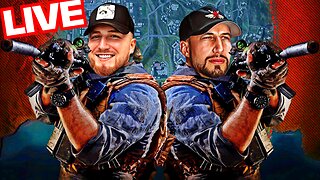 6:39:17
6:39:17
StevieTLIVE
8 hours agoMASSIVE Warzone Wins on Labor Day w/ Spartakus
27.2K1 -
 10:46:42
10:46:42
Rallied
14 hours ago $16.84 earnedWarzone Challenges w/ Doc & Bob
197K4 -
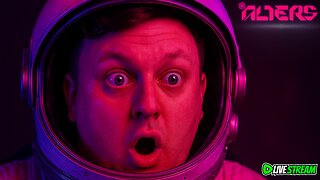 3:26:25
3:26:25
Joe Donuts Live
7 hours ago🟢 Lost in Space with My Clones: The Alters Adventure Begins
35.4K5 -
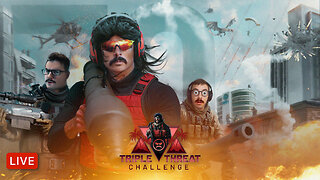 7:20:22
7:20:22
Dr Disrespect
16 hours ago🔴LIVE - DR DISRESPECT - TRIPLE THREAT CHALLENGE - WINNING AT EVERYTHING
222K12 -
 2:35:33
2:35:33
Chrono
8 hours agoBirthday-eve Stream | Helldivers II
30.7K1 -
 54:40
54:40
BonginoReport
1 day agoLABOR DAY SPECIAL! The Best of Nightly Scroll - Nightly Scroll w/ Hayley Caronia (Ep.124)
137K15 -
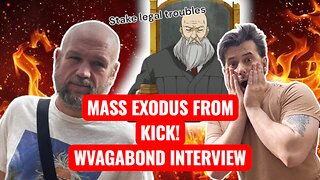 2:39:21
2:39:21
Joker Effect
6 hours agoReviewing the downfall of Kick Streaming. Kick streamers welcome to Rumble! Stake bombshell found!
38.6K1